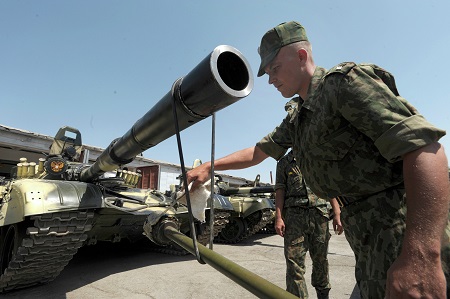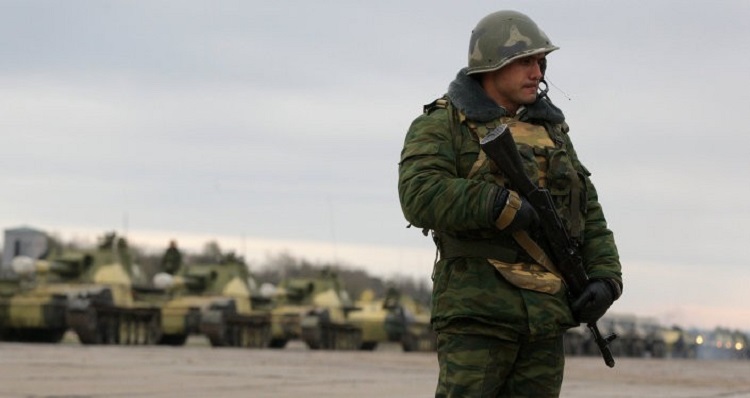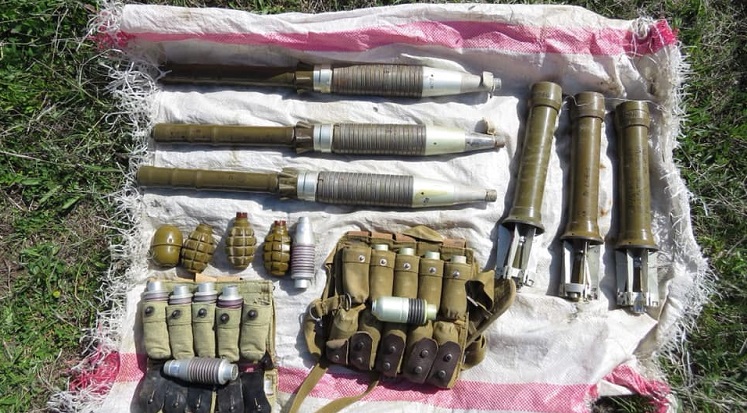Washington Post: Russia uses Georgian occupied Tskhinvali region like an ‘offshore company’ to support rebels in Ukraine

The Washington Post says that South Ossetia also gives the Kremlin something else — a military outpost deep in the Caucasus region that was once part of the Soviet Union. Photo: Washington Post.
An investigative story of the Washington Post reads that the Georgian occupied Tskhinvali (South Ossetia) region has become a hidden financial crossroads for Russia’s shadow empire around the Black Sea.
Separatist officials and business figures in eastern Ukraine — one of the main Moscow-backed breakaway territories in the region — transfer money to South Ossetia. The funds are wired to Russia, officials familiar with the arrangement told The Post. The money then pays for goods such as fuel and building materials, which are shipped from Russia directly to eastern Ukraine, interviews and records show,” the article reads.
The Washington Post says that the arrangement also works in reverse, allowing exports from the separatist territories to be sold in Russia.
This year alone, more than $150 million in payments has been funneled through South Ossetia, according to an estimate by the territory’s tax office,” reads the story, adding that Russia traded roughly more than $150 million in goods with rebel-held territory in Ukraine in the first half of this year using South Ossetia as the payment center, according to officials and tax records.
At least 146 limited liability companies, the South Ossetian tax office said, were active this year in facilitating trade with the Russian-backed separatist territories, the media says.
Ossetia is essentially like an offshore company,” said a lawyer based in the eastern-Ukraine rebel stronghold of Donetsk who specializes in foreign trade. He spoke on the condition of anonymity because he said he worried about repercussions for describing the system to a Western reporter.
“This scheme,” he said, “was clearly thought up by some rather sophisticated people.”
The framework of the system goes back to 2015, the Washington Post reads.
The media quotes Georgian Minister of Reconciliation and Civil Equality Ketevan Tsikhelashvili by saying that “Unfortunately, we know about the financial flows from South Ossetia to eastern Ukraine but not much can be done at the moment.”
In eastern Ukraine, the two separatist governments refused to allow The Post to visit their territory and declined requests for telephone interviews.
Read the full story here.
 Tweet
Tweet  Share
Share





